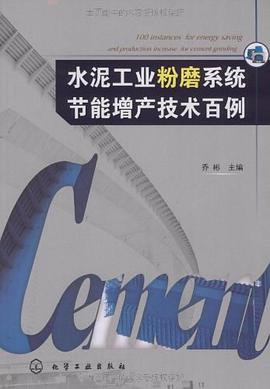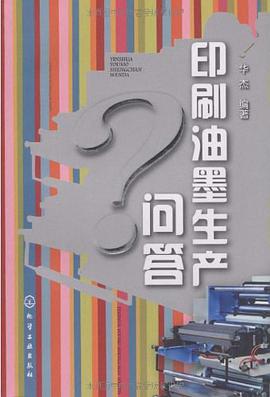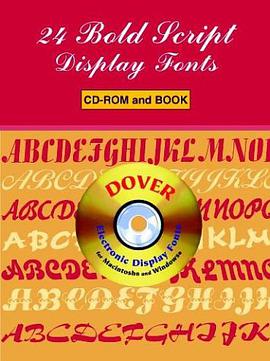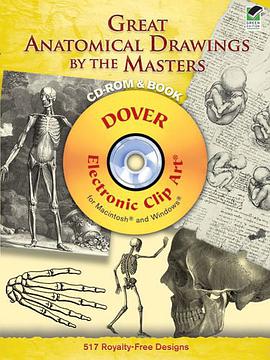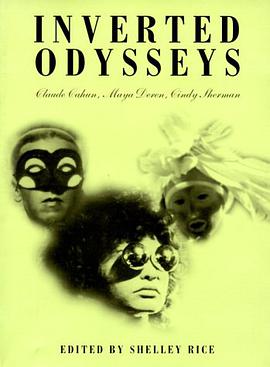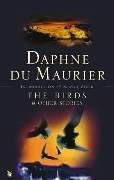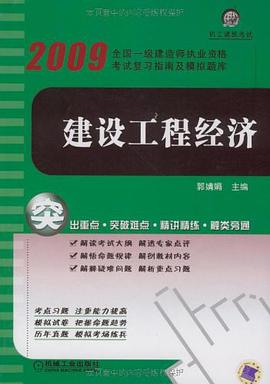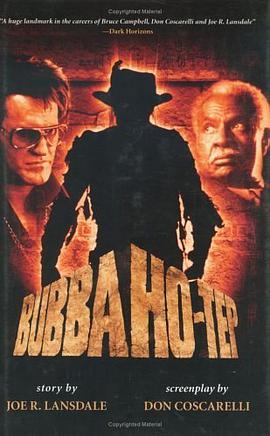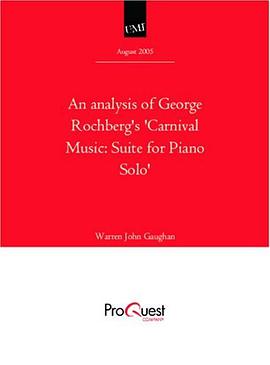

This research paper's purpose is to analyze <italic>Carnival Music</italic>, focusing on factors that influenced the composer and became an integral part of the piece. These include George Rochberg's previous work on two unpublished manuscripts: “Three Commentaries” (a series of unpublished manuscripts dated 1968–1978) and “Commentaries on J. S. Bach Sinfonia #9” in the <italic>Carnival Music</italic> holograph, two significant motives from J. S. Bach's <italic>Sinfonia</italic> #9 <italic>in F minor</italic>, and the influence of jazz. <italic>Carnival Music: Suite for Piano Solo</italic> consists of five movements: I Fanfares and March, II Blues, III Largo doloroso, IV Sfumato, and V Toccata-Rag. This paper traces the evolution of the composition to the “Three Commentaries” and to “Commentaries on J. S. Bach <italic> Sinfonia</italic> #9.” Rochberg's work on these commentaries led to the creation of the <italic>Carnival Music suite</italic>, and to the incorporation of two motives from J. S. Bach's <italic>F Minor Sinfonia</italic>. Rochberg's use of these motives in <italic>Carnival Music</italic> is sometimes obvious, but more often hidden, yet they are vital to the compositional material of the piece. The analysis begins with the movements that use the motives in a straightforward manner and proceeds to movements that appear in more abstract form. Of the two motives, the second clearly plays a more significant role in the composition. All of <italic>Carnival Music's</italic> movements except the third, “Largo doloroso,” contain the Bach motives in various guises. Rochberg bases the third movement on two four-note cells instead. These cells come from two sources: one is the “Commentary I on B-A-C-H,” the other is the blues chord. The paper's final chapter examines how Rochberg convincingly composed six improvisations on the blues form for the second movement, titled “Blues.” The movement is so well crafted it sounds improvised, not composed. In this composition, Rochberg successfully juxtaposes the “popular” with the “serious,” and the tonal with the “freely chromatic,” and he unifies the whole composition with J. S. Bach.
具體描述
讀後感
評分
評分
評分
評分
用戶評價
相關圖書
本站所有內容均為互聯網搜索引擎提供的公開搜索信息,本站不存儲任何數據與內容,任何內容與數據均與本站無關,如有需要請聯繫相關搜索引擎包括但不限於百度,google,bing,sogou 等
© 2025 qciss.net All Rights Reserved. 小哈圖書下載中心 版权所有

